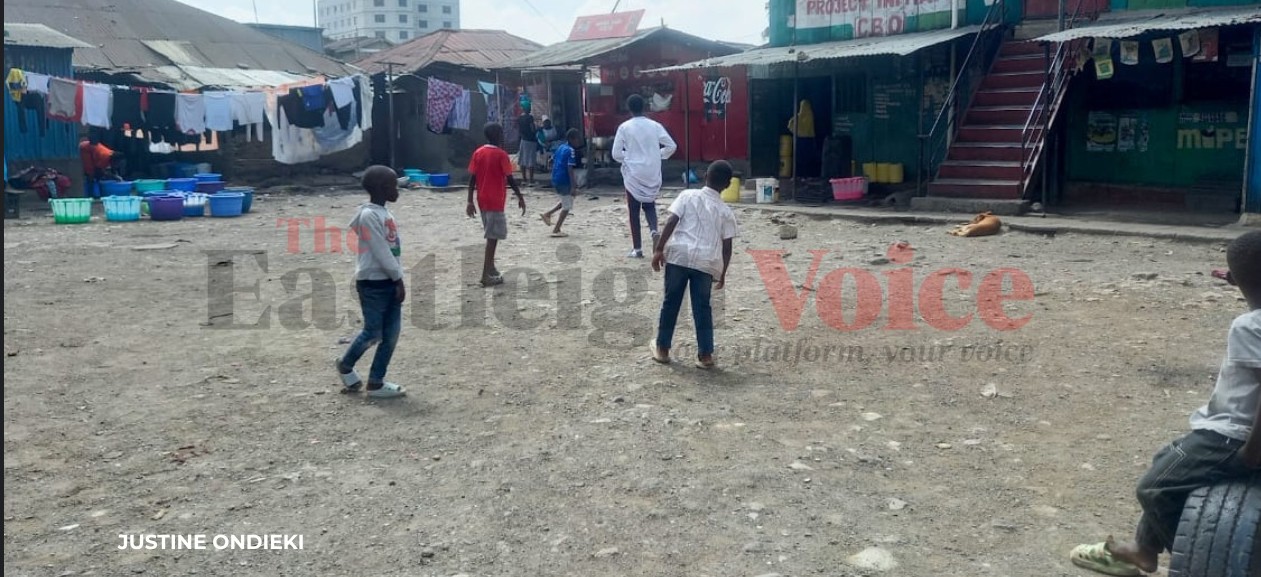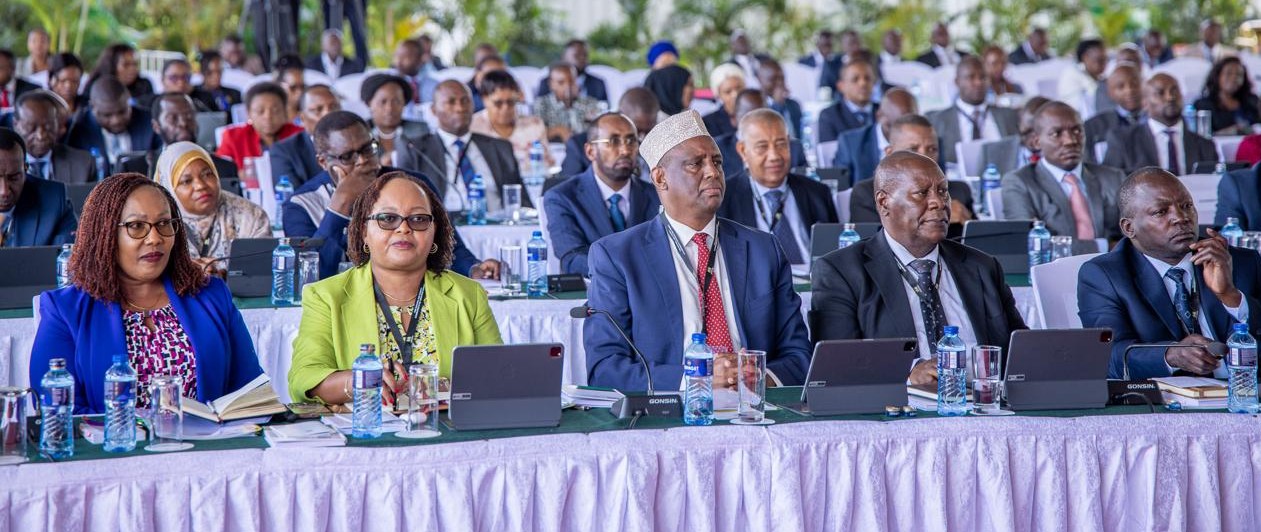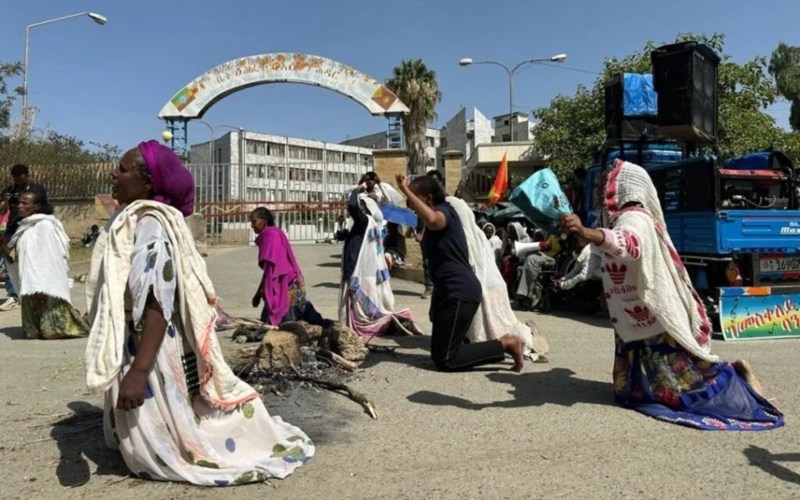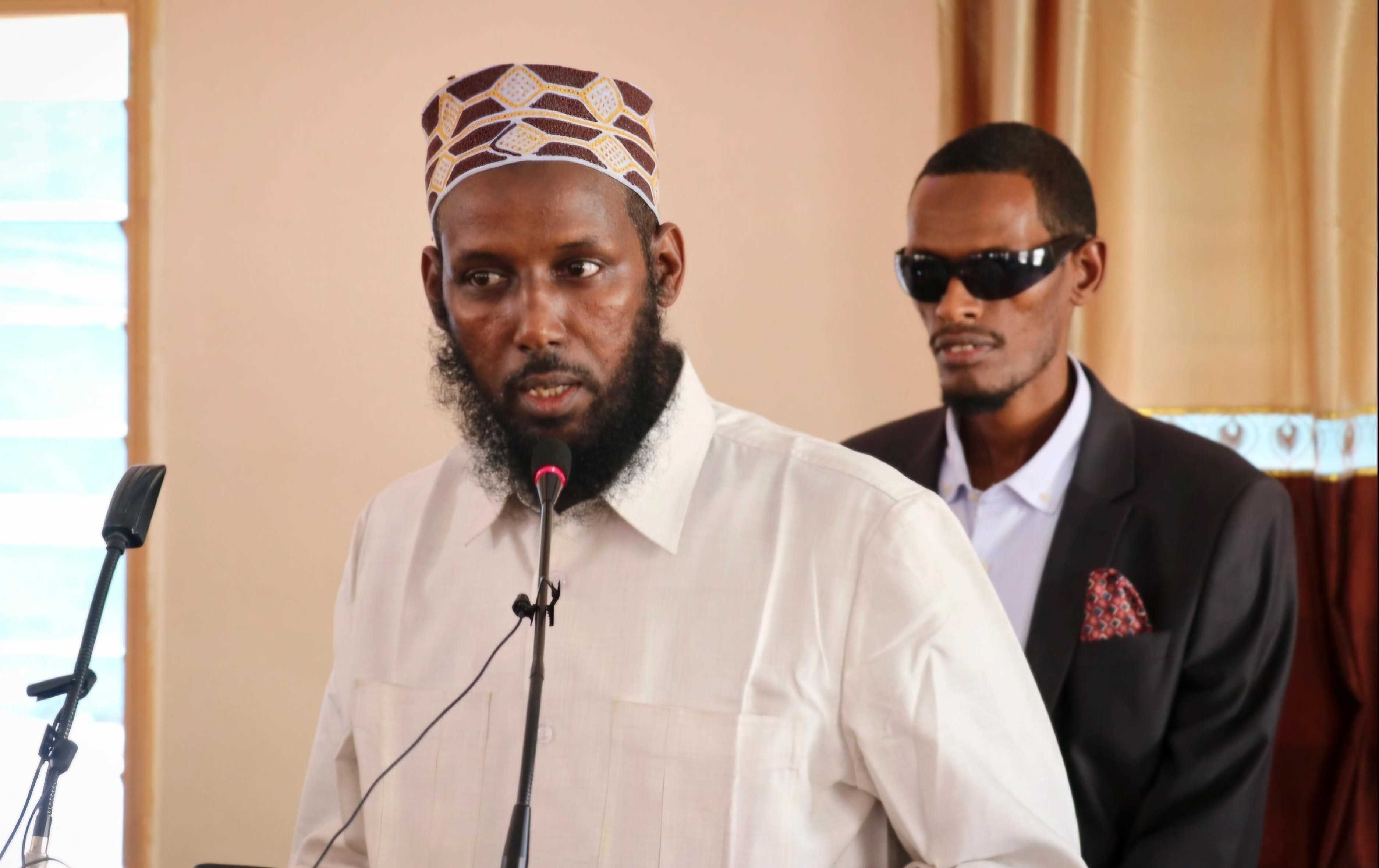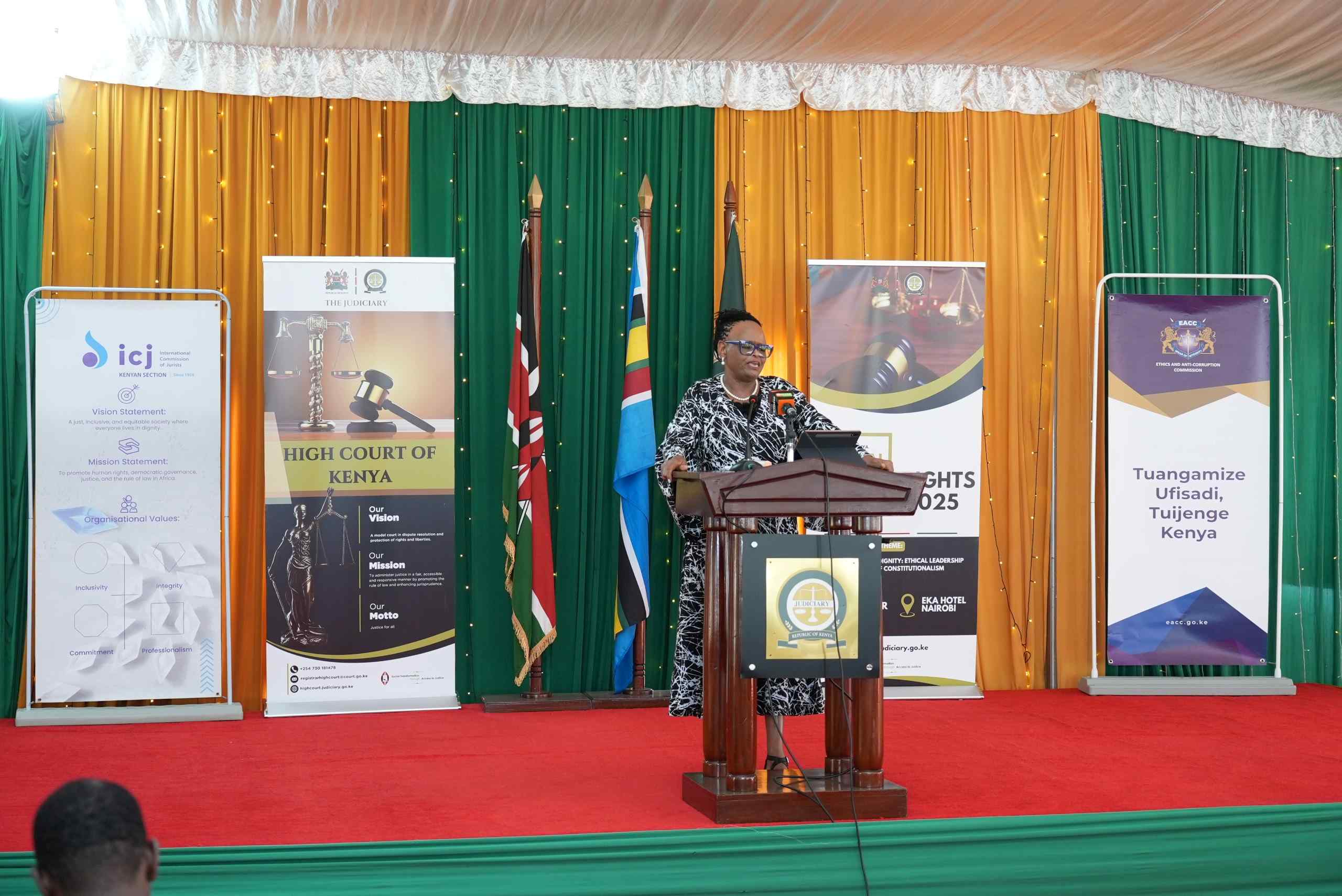Over 80 per cent of health facilities in Eastern DRC left without humanitarian support, ICRC warns
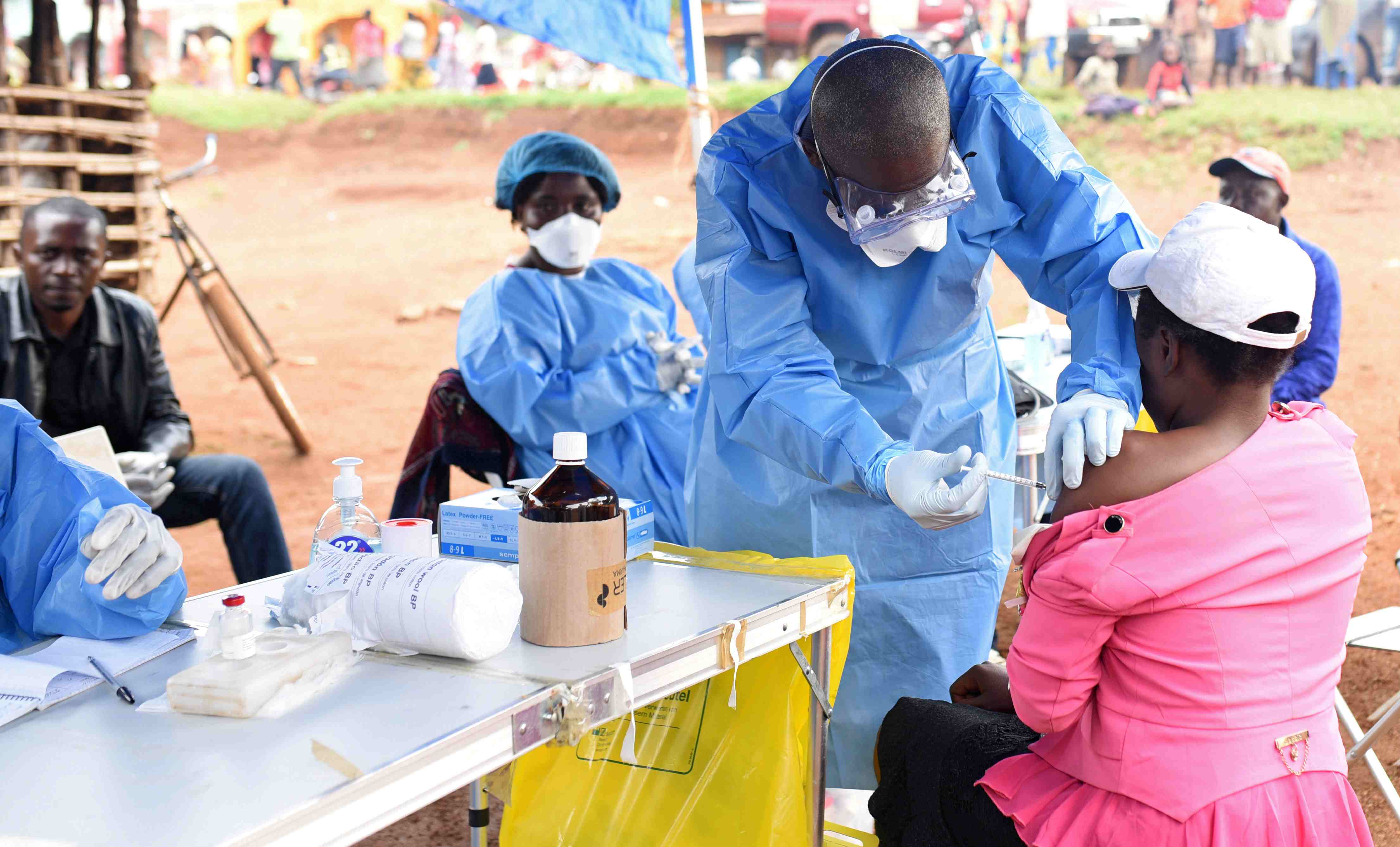
A September 2025 assessment by the ICRC found that 85 per cent of facilities lack essential medicines and nearly 40 per cent have lost health-care staff.
More than 80 per cent of health facilities in North and South Kivu in eastern Democratic Republic of the Congo are operating without humanitarian support, leaving thousands of wounded and sick civilians struggling to access care amid armed violence, medicine shortages, and fleeing health workers, according to the International Committee of the Red Cross.
A September 2025 assessment by the ICRC found that 85 per cent of facilities lack essential medicines and nearly 40 per cent have lost health-care staff.
More To Read
- 1,000 weapon‑wounded patients treated in South Sudan hospitals this year - ICRC
- M23 rebels hands over minors taken from conflict zones in North Kivu, DRC
- UN decries ‘truly horrific’ massacres in DR Congo
- Rwandan, Belgian foreign ministers hold talks to mend ties after months of tension
- Garissa Referral Hospital stages surprise mass-casualty drill to gauge disaster preparedness
- DR Congo, M23 commit to ceasefire and humanitarian protocols with new peace deal
Armed violence and a lack of funding for humanitarian organisations have left many clinics unable to function fully, forcing patients, including women and children, to travel long and dangerous distances to reach care. Some walk hundreds of kilometres, while others do not survive the journey because their injuries are too severe.
“It’s often the case that even when a sick or wounded person manages to reach a medical facility, despite the difficulties in doing so, there isn’t anyone qualified to treat them. And even when there is someone, in most cases, the medicines they need aren’t available,” said Dr Hippolyte Ten, deputy health coordinator at the ICRC.
Transferring patients is a major challenge because of ongoing fighting and front-line barriers. Some patients are forced to walk long distances, risking their lives, while others do not reach hospitals in time. Since the beginning of the year, more than 70 per cent of the 240 facilities assessed have admitted people wounded in armed attacks.
Shortages affect essential medicines, vaccines, antimalarial drugs, antiretrovirals, tuberculosis treatments, rape kits, therapeutic food, and rapid HIV tests. Clinics also struggle to restock supplies because of security risks, transport costs, and checkpoints controlled by armed groups.
“We are struggling to get to Bukavu, where we buy our medicines. And when we do succeed in buying them, not only do we have to pay transport costs, but we also have to pay lots of other fees at checkpoints set up by various armed groups along the route,” said Dr Pierre, the medical director of a hospital in South Kivu.
The crisis is compounded by internal displacement. Over 91 per cent of health facilities have each received more than 5,000 internally displaced people since January 2025, many arriving with nothing and unable to afford treatment.
“Many of us have no money left and cannot get hospital treatment, so we are staying home despite being seriously ill. This is why people in our community are dying,” said Plamedi, a displaced resident in South Kivu, according to the ICRC.
Some health-care facilities have had to relocate, operating from schools or under tarpaulins, exposing patients to waterborne diseases, malaria, and pneumonia.
“Currently, more than 80 per cent of health facilities in the Kivu provinces receive no support from humanitarian partners and are only operational thanks to the remarkable commitment of their staff on both sides of the front lines,” said François Moreillon, head of the ICRC delegation in the DRC.
The ICRC is calling for urgent action to protect health-care staff, ensure the delivery of medicines, and allow safe patient transfers.“The lives of thousands of people are at stake,” Moreillon said.
Top Stories Today
